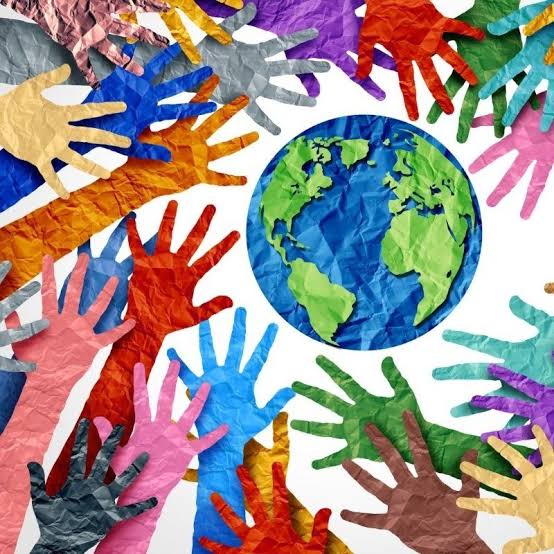By Zion Rufus
The days of “one size fits all” advertising are expected to be a thing of the past as cultural diversity takes center stage in an interconnected world driven by social media.
Brands are now facing the challenge of navigating diverse cultures and beliefs while implementing their marketing strategies.
Recognizing the importance of considering cultural differences, companies are urged to create advertisements that truly resonate with their target audience on both national and international scales.
While some businesses choose to minimize cultural variances and maintain a homogeneous structure, others recognize the opportunity to expand into new markets and establish meaningful connections with diverse audiences.
In order to achieve this, advertisers must develop creative messages that are culturally sensitive and connect with diverse cultures and beliefs.
A recent vox pop conducted by Marketing Edge shed light on the mindset of various customers across demographics in Nigeria.
Nigerian Music Producer D-Plus highlighted the potential pitfalls of cultural insensitivity in advertising. He cited examples where brands like Airtel perpetuated stereotypes and portrayed mother-in-laws in a demeaning manner.
“It is essential to understand that what may be acceptable in one culture can be entirely wrong and unacceptable in another,” he emphasized.
Ogunnowo Afolabi, an Auditor, emphasized the need for proper consideration of cultural and social effects in advertising. He praised brands like Globacom for successfully incorporating multiple cultural representations in their campaigns, reflecting inclusivity and welcoming everyone on board. However, he expressed concerns about the lack of representation for certain ethnic groups, raising issues of insensitivity and exclusivity in advertising.
Omono Okonkwo, Correspondent at Gas Strategies, UK, stressed the importance of cultural sensitivity in advertising. She highlighted the value of generating feedback, talkability, and even controversy through advertisements that resonate with specific cultural characteristics and values. Okonkwo praised campaigns like “The Rain Maker” for their inclusivity, appealing to diverse cultures such as the Igbos, Yorubas, and Hausas.
Crafting a one-size-fits-all advertising message that caters to every ethnic group is indeed challenging. However, Nigerian customers tend to respond positively to campaigns that represent at least two or three major ethnic groups, as cultural diversity is a significant aspect of Nigerian society.
While some argue that brands should focus solely on their target audience without worrying about other factions, others emphasize the importance of cultural sensitivity. Deborah Olaiya, a digital marketer, believes that creative messages should be tailored to specific cultures and target audiences.
Godwin Adekoya, President of TAG Leaders’ Hub and Business Strategist, acknowledges a shift towards targeting specific audiences and notes the fading importance of cultural sensitivity in creative messages. He cited Nigerian Breweries as an example, where their advertisements focused on their target audience and excluded the North after facing incidents.
Culture plays a pivotal role in advertising, and creating culturally sensitive ads requires the consideration and inclusion of all regions, races, cultural attitudes, beliefs, and sexual preferences. Leveraging innovation and digital marketing, brands now have new avenues to reach consumers globally.
By establishing cultural bonds with target audiences, marketers can ensure their brand messages resonate and create a lasting impact across different cultures and beliefs.






Comment
No comments found.